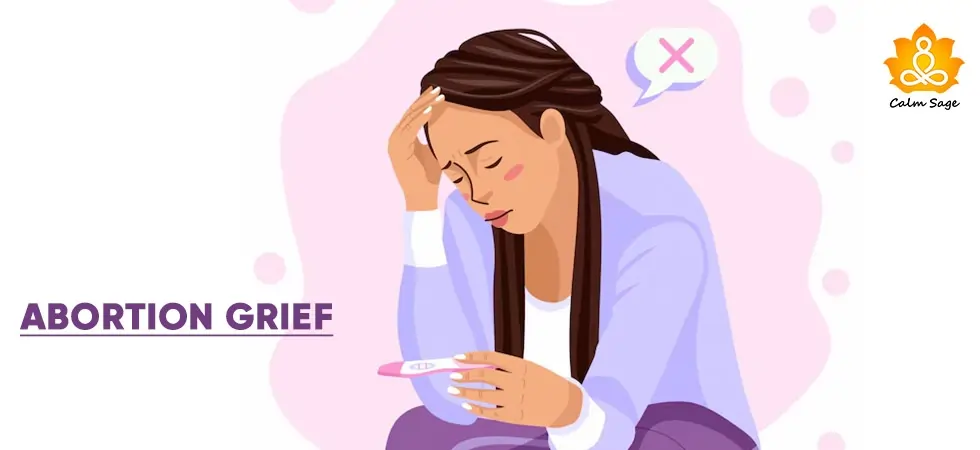Could Your Neurodivergence Be Linked to Depression? Let’s Find Out

Do you feel out of sync with the world? Maybe you’re wired differently. That’s OK! Our brains are a marvel of intricate pathways and whatnot. How these neural connections form and function can influence our experiences. You must’ve heard the phrase, “Some people are wired differently” Well, it’s true.
Neurodivergence is a term that includes variations of these brain structures and functions. But can these variations in our brain wiring affect our mental well-being and health?
That’s what we’re exploring in this article. We know that depression is a mood disorder that is characterized by persistent low mood and loss of interest. While the causes of depression can be complex, research suggests a possible connection with neurodivergent conditions such as Autism spectrum disorder (ASD) and Attention deficit hyperactivity disorder (ADHD).
Let’s understand the link between being neurodivergent and depressed, and can your neurodivergence be linked to depression or not?
Related: All You Need To Know About Neurotherapy For Mental Health Disorders
What is Neurodivergence?
Neurodivergence is a spectrum of variations in how your brain processes information and interprets the world around you. This can include conditions such as ADHD, ASD, dyslexia, dyspraxia, and Tourette Syndrome. While these conditions come with their unique set of challenges, it’s important to remember that neurodivergence isn’t negative.
Many neurodivergent people possess great strengths, a creative mind, intense focus, or a detail-oriented mind. All good traits to have.
There’s no such thing as a “normal” brain, and neurodivergence reflects the natural diversity of our neurological system. Diagnoses like ADHD focus on trouble with attention, hyperactivity, and impulsivity.
ASD involves social communication troubles, restricted interests, and repetitive behaviors. However, each condition in the neurodivergent spectrum is vastly different. Some people experience daily difficulties, while others manage well with support and other strategies.
Is Depression Neurodivergent?
The link between neurodivergence and depression doesn’t just cover a single aspect. Here are other aspects to consider;
1. Co-Occurring Condition:
Research shows high rates of depression in people with identified neurodivergent conditions. For example, a study suggests that people with ASH are four times more likely to experience the symptoms of depression compared to others.
2. Social Interactions:
Neurodivergent people view social interactions, sensory experiences, and routines differently. A world for “neurotypical” brains can be a challenge for neurodivergent people, leading to feelings of isolation, frustration, and low self-esteem, all precursors of depression.
3. Neurological Functions:
While the exact mechanisms might not be clearly known, some studies suggest loose links between neurotransmitter imbalances in the brain in neurodivergence and depression.
4. The Onset:
Neither neurodivergence nor depression have a single trigger. However, some factors can increase susceptibility in both conditions. Factors such as genes, environmental stressors, and major lifestyle changes, for example. You need to keep in mind that depression can occur with or without a neurodivergent diagnosis.
Treatment Options to Know
Luckily, effective treatment approaches are available for both neurodivergence and depression. Here are some common approaches to help treat these conditions;
1. Therapy
Therapy approaches such as cognitive-behavioral therapy (CBT) can be incredibly helpful in managing negative thought patterns and developing coping strategies for neurodivergence and depression.
2. Medications
Antidepressants can be prescribed by a professional psychiatrist to treat depression symptoms. These medications can be an effective way to treat depression, especially when combined with therapy.
3. Interventions
Addressing specific challenges related to neurodivergent conditions like social skills training for ASD or time management strategies for ADHD can bring a great improvement in your overall well-being. These interventions can be self-initiated or run by professionals.
4. Coping Strategies
Living with neurodivergence and depression can become overwhelming at times. To cope with and manage the symptoms of both these conditions, you can try relaxation techniques such as mindfulness, deep breathing, progressive muscle relaxation, sensory management, breaking down tasks, and practicing positive self-talk.
5. Connect With Support Groups
Social isolation can worsen depression, especially if you’re already living with neurodivergent disorders. Having a strong support network of friends and family can be invaluable. Don’t be afraid to talk to trusted friends or family members about what you’re going through. You can also join online support groups to connect with others who share and understand your experiences.
Resources For Additional Help…
If you or a loved one of yours suspect a link between neurodivergence and depression, then you can reach out to resources for additional help. Some resources you can explore can be;
If you’re living with neurodivergent conditions and have symptoms of depression, then don’t hesitate to reach out to a professional counselor or therapist near you. Help is available when you need it.

Great for a large network of licensed therapists
-
$60 to $90/week, billed every 4 weeks
-
Therapy via messaging, phone, or live video chat
-
Flexible cancellation at any time
20% off your first month

Great for CBT Based therapists
-
$40/week, billed every 4 weeks
-
Therapy via messaging, phone, or live video chat
-
Specialization for CBT based Therapy
20% off your first month

Best for Treatment Plants
-
$60 to $90/week, billed every 4 weeks
-
Therapy via messaging, phone, or live video chat
-
Flexible cancellation at any time
$100 off your first month with code SPACE
Wrap Up…
The answer to the question; Can your neurodivergence be linked to depression, is complicated, so to speak. But, understanding the connection between the two conditions is important for promoting better mental health and well-being. Recognizing the common aspects, such as co-occurrence, social understanding, and how they begin, can help us utilize effective treatment approaches.
Remember, being neurodivergent doesn’t define you, and you don’t have to live with depression when it’s treatable. With the right support, you can overcome these challenges and live a fulfilling life in a neurotypical world.
I hope this blog helped you understand what’s the link between neurodivergence and depression and how to treat them. Comment your thoughts on the article in the section below.
Take Care!




















